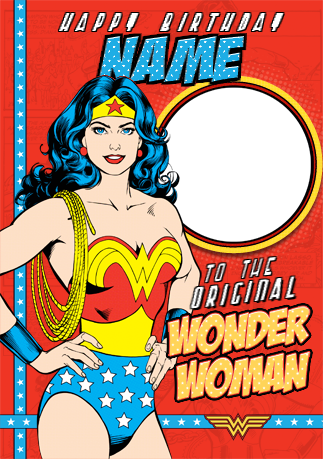
Most of us know that Wonder Woman was created by psychologist William Moulton Marston, the Dr. Phil of the Progressive Era, with inspiration from his wife, the psychologist Elizabeth Holloway Marston. For more, read Jill Lepore’s excellent The Secret History of Wonder Woman, now available in paperback. Lepore’s sharp book is a bestseller and won the prestigious 2015 American History Book Prize. The book’s absence from that year’s Eisner Awards was mysterious.
Lepore’s book makes the very persuasive argument that birth control activist Margaret Sanger was a major inspiration for the character. But who came up with the name “Wonder Woman?” And why?
On his first submitted script in 1941, Marston’s initial name for the character was “Suprema the Wonder Woman.” As the story goes (we should turn that phrase into a drinking game for comics history), All-American Comics editor Shelly Mayer decided to just shorten it to “Wonder Woman.”
It turns out that the phrase “wonder woman” was more popular than we might think. A graduate student named Brett Jett has an interesting list of some of the other “wonder woman” sightings in the press, including some motivational speakers, Helen Keller, and even some names from films. The term wasn’t nearly as ubiquitous as “superman,” but it wasn’t completely invisible, either.
Jett also has some interesting analysis of what it perhaps meant to be a “wonder woman” in 1941. I am more interested the women above. Elsie Lincoln Benedict wrote books with titles like How to Make Your Dreams Materialize. Phoebe Marie Holmes was a more New Age-type of speaker who had been active for most of the century and was married to a man named “Americus.” Precious little is known about her, though she seemed to be involved in some suffrage activities in addition to healing, spiritual, and feminist work centered around divine love.
There is no evidence that Marston knew of Benedict or Holmes, but he certainly was exposed to similar philosophies. As Lepore notes, Marston, along with Holloway, his mistress Olive Byrne, and another lover, Marjorie Wilkes Huntle, would all attend regular “love meetings” in Boston where they discussed – and perhaps even practiced, right there in the apartment – a variety of sexual teachings and techniques. It was, according to the literature they were reading, the Age of Aquarius.
We know that much of that thinking made its way into the early Wonder Woman comics. But was it all just submission and bondage? The proof, as always, is in the panels. In Sensation Comics #11 (1942), Diana responds to a call for help from the love-planet of Eros. The messenger tells Diana that she can use astral projection to reach her world.
Astral travel was another New Age belief common among these circles. In fact, Phoebe Marie Holmes (our 86-year old “Wonder Woman” from above) wrote a book titled My Visit to the Sun (1933) in which she chronicles her own astral journey.
In Sensation Comics #11, Wonder Woman, along with her friend Etta Candy, have a very similar experience to Holmes, as they float “side by side” with “gossamer wings.”
They pick up Steve Trevor along the way (who is caught smoking a pipe in bed) and make their way to Eros. Holmes describes her own astral destination:
Marston’s Eros, as drawn by H.G. Peter, looks very similar to what Holmes recounts.
Tristen, of the tumblr “The Burger the Better,” first caught the possible Holmes-Wonder Woman connection and posted it here. Tristen thinks it is more an example of lucid dreaming.
Could there be an even deeper connection between Holmes and Wonder Woman? In her 1939 book, Love: The Sweetest Thing in Life, Holmes writes about women:
In the introduction to Love, Mary Kenton Warne uses very specific language to describe the author.
She calls Holmes “Wonder woman.” This isn’t the only time “wonder woman” appears in the text. There is also a strange housekeeping poem that appears later on in the book. It reads:
Like the women unveiled in Lepore’s book, Phoebe Marie Holmes was a suffragist, a New Age radical, and claimed to have astrally projected, in words and images similar to Sensation Comics #11. She is called a “Wonder Woman” and a “Supreme Lover of Mankind” just as she was an ambassador for these ideals as she traveled all over the world, selling her books and giving lectures about solar plexus breathing and the divine power of women.
Holmes seems to have ended up in Australia, where she opened up a “Radiant Health Center” and, unfortunately, claimed she could cure cancer. Marston himself died of skin cancer in 1947.
In the poem, in the line “Now do you wonder women weep,” “wonder” is used as a verb, not an adjective, which is a very interesting way to think about the character. In the new Wonder Woman: Rebirth #1, writer Greg Rucka has Wonder Woman asking a similar question. Why the name “Wonder?”
If the “Wonder” is a verb, it can also apply to Marston and the women of his life who wondered at a different, better world. “Wonder” as a verb isn’t punchy or physical, it is ranging and mysterious. It’s not naive, either. It’s an open mind instead of a closed fist.
Brad Ricca is the author of Super Boys: The Amazing Adventures of Jerry Siegel & Joe Shuster – The Creators of Superman and the upcoming Mrs. Sherlock Holmes. He also writes the column “Luminous Beings Are We” for StarWars.com. Follow @BradJRicca.
There will be a 75th anniversary Wonder Woman symposium taking place from September 22-24, 2016 in Cleveland, OH with a variety of speakers and workshops. Click here for more information.



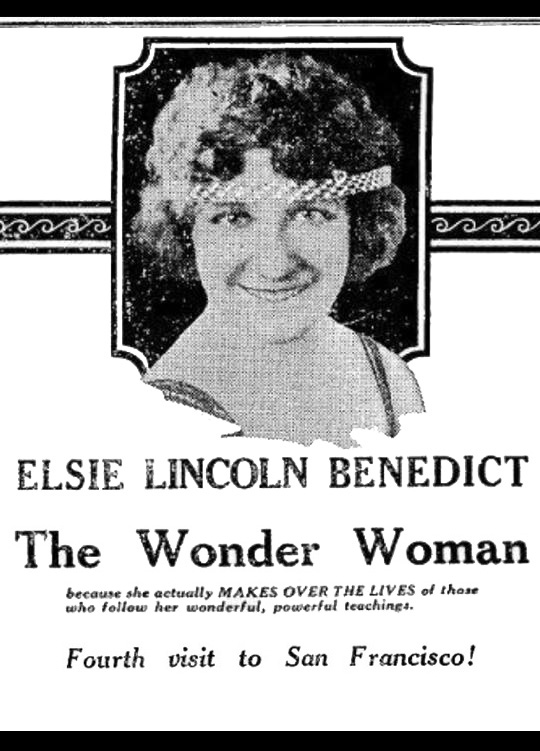
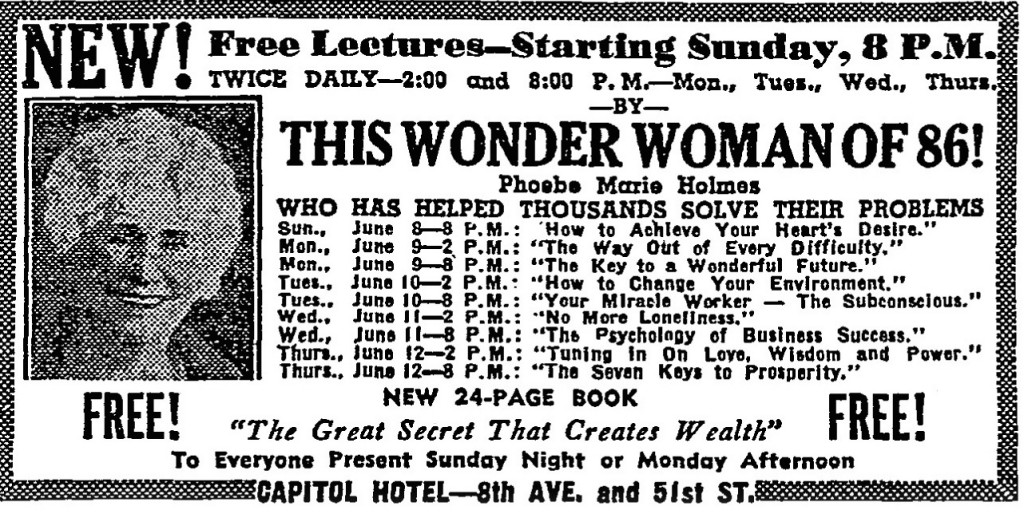
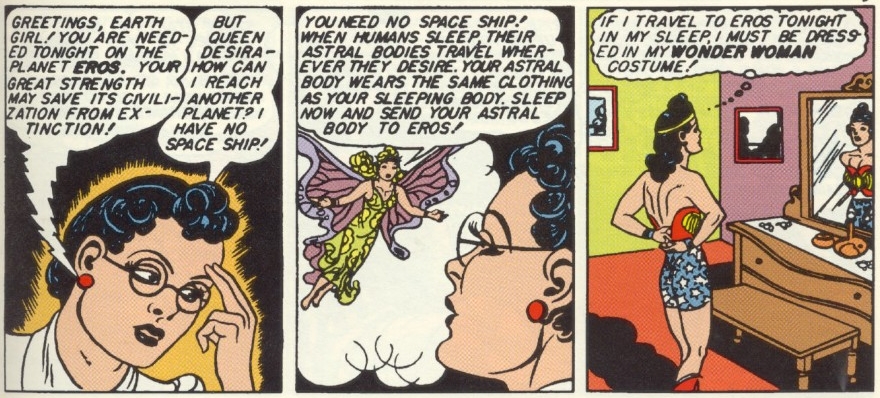
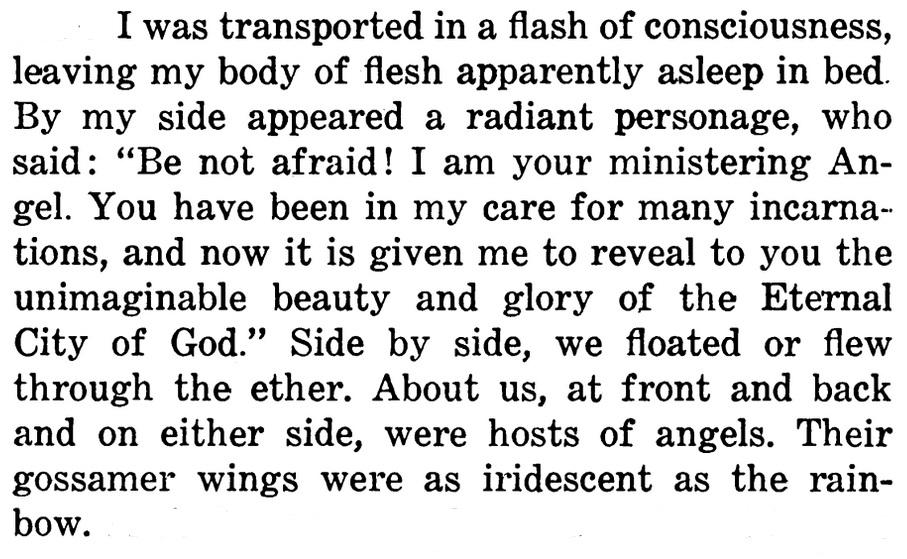
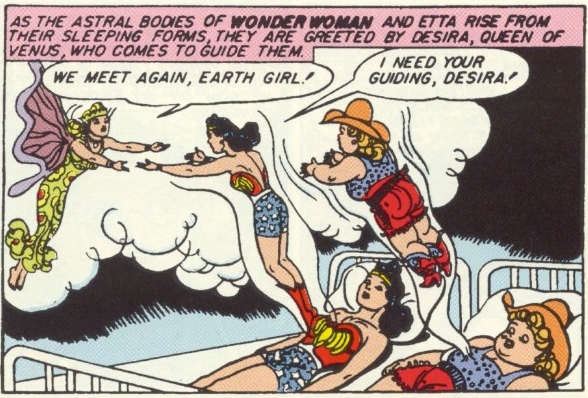

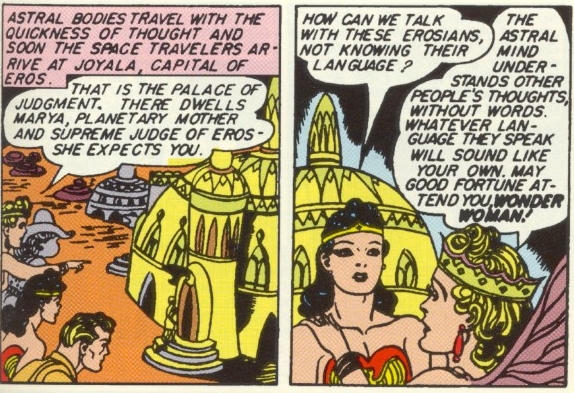
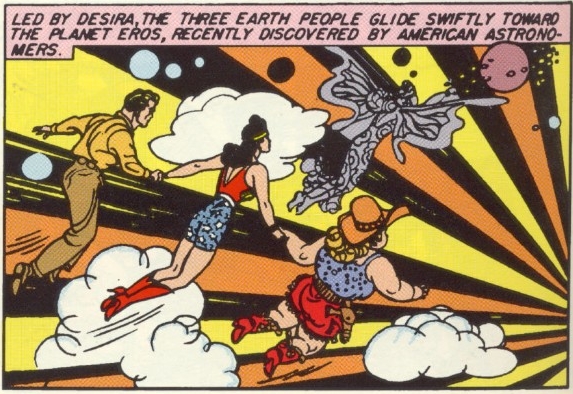
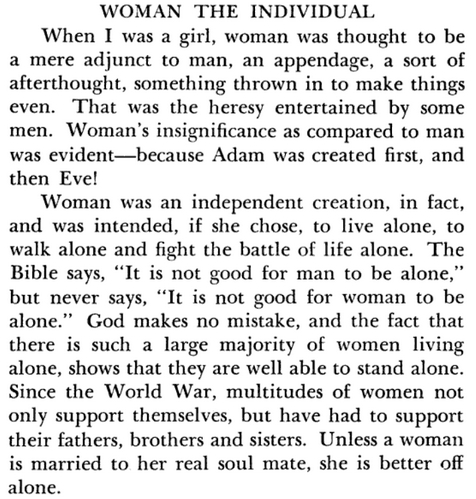
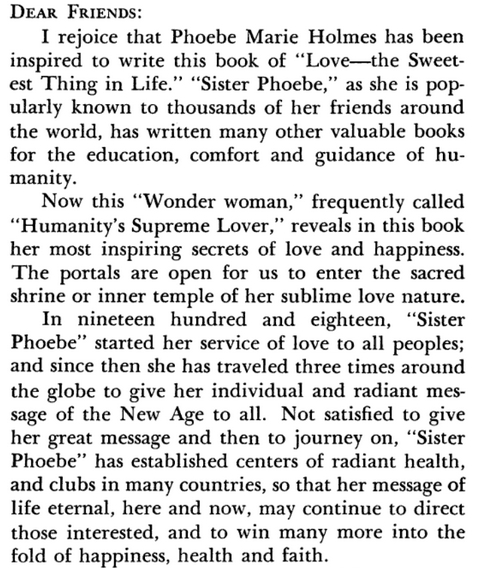

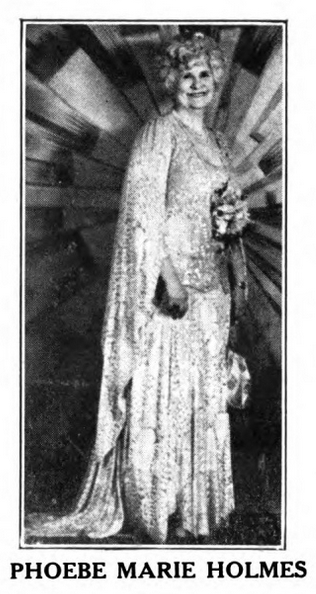
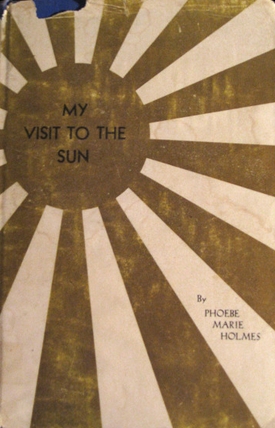
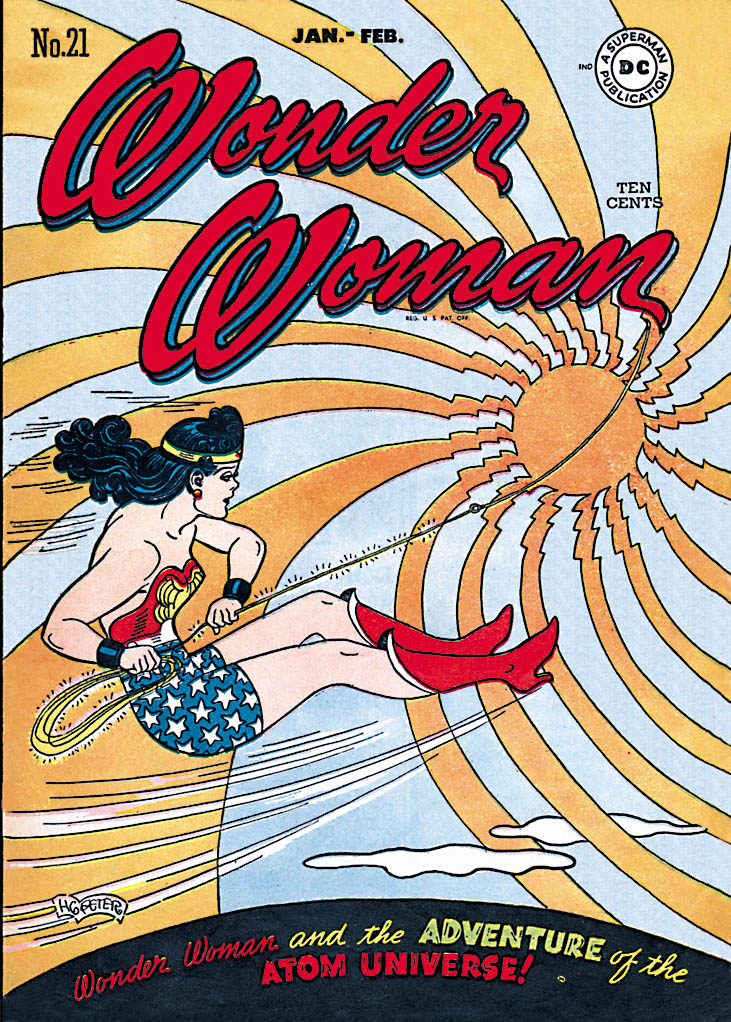
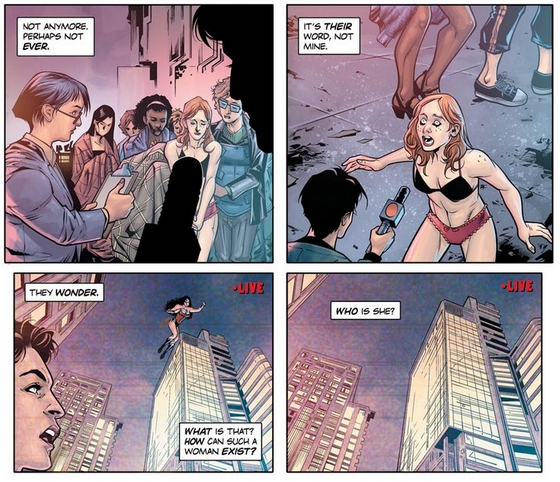
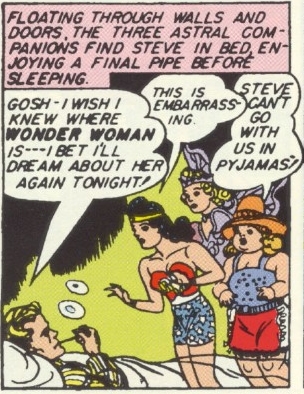
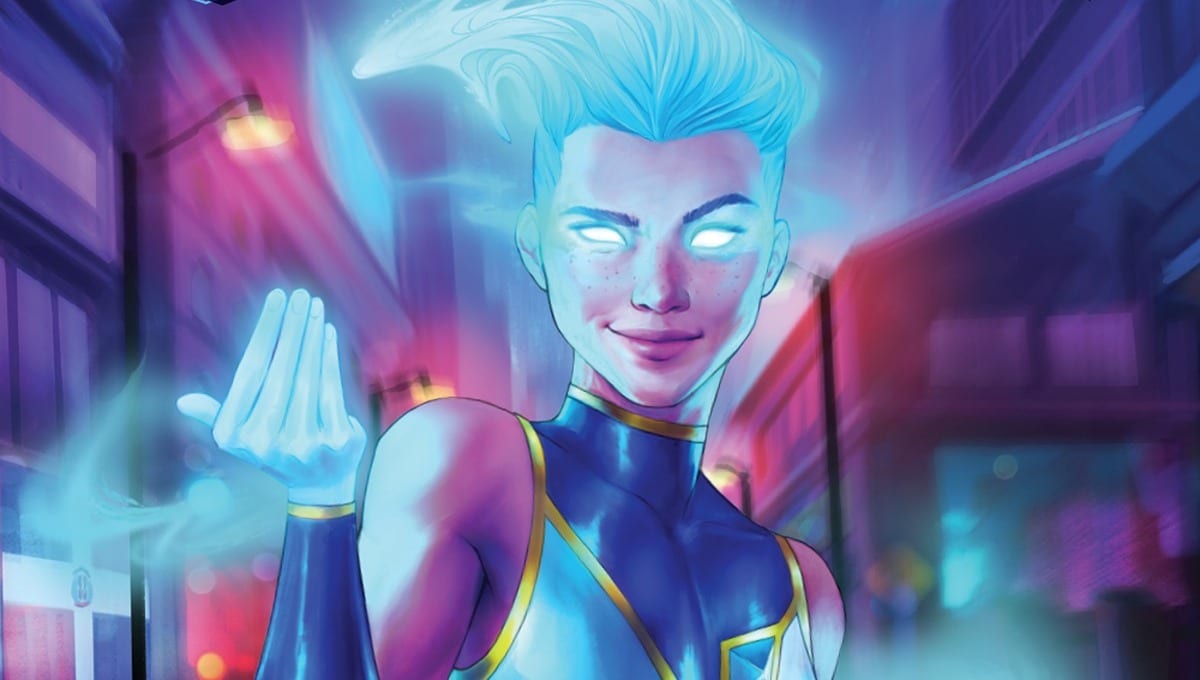
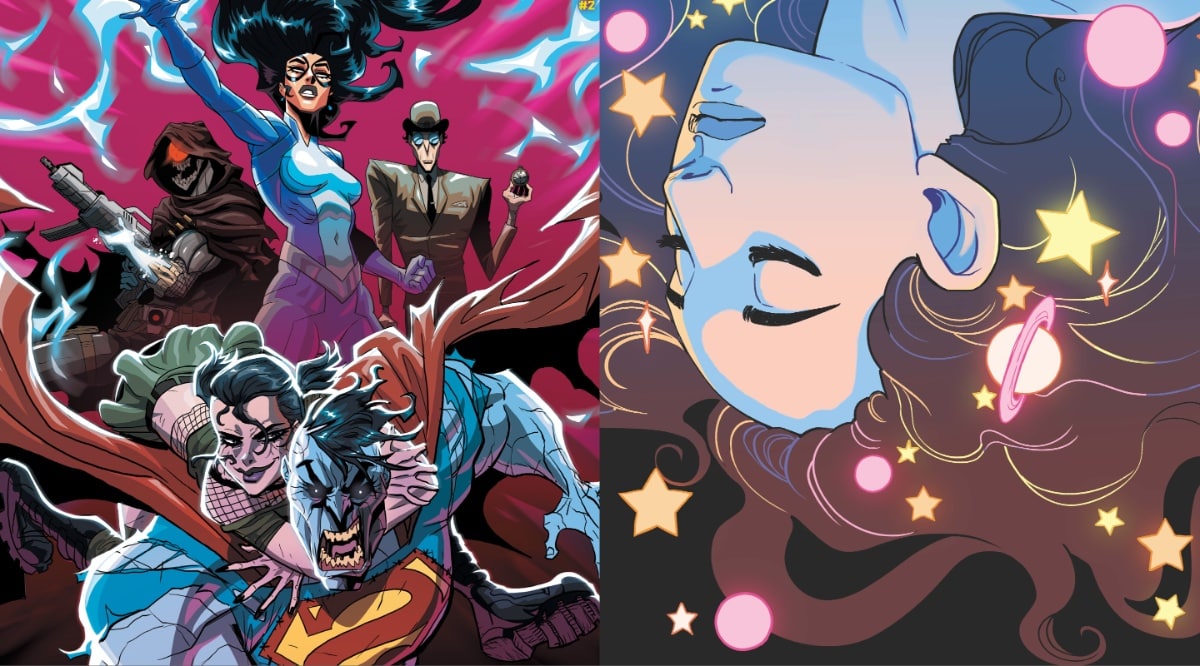
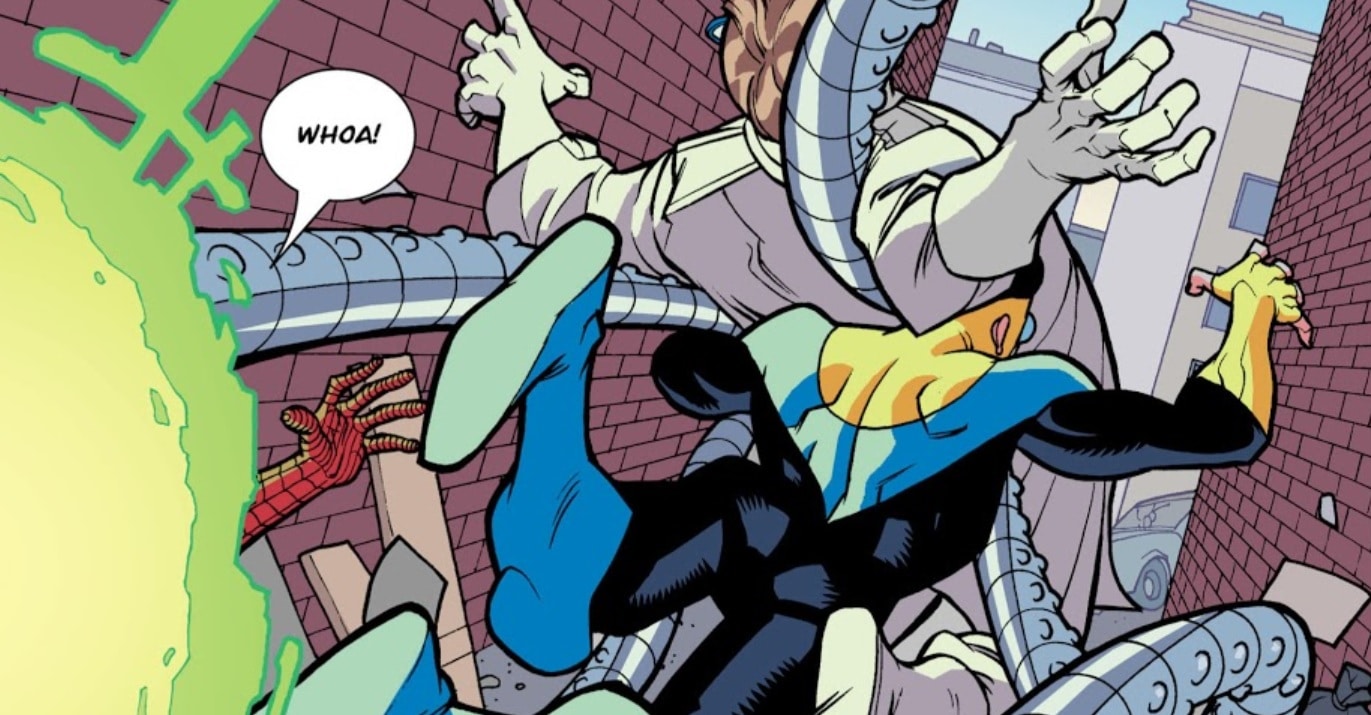



Welcome back, Unassuming Barber Shop.
Hi Brad,
I am Brett Jett. Just now while talking to my publisher online, I was tipped off to your article by a fan who saw it.
First let me say in regards to Jill Lepore’s book, you should read my review of her work, as soon as I get it up on the WorldOfSuperheroes.com website.
Just wanted to provide my comment on your article. Also, to correct some errors so that the public doesn’t propagate certain fallacies that ruin the good that I am doing in regard to restoring consciousness of the original WW concepts & mythology.
So…..truth is, we don’t really know if Shelly Mayer was the one who shortened the name to ‘Wonder Woman’ or not. Personally, I hate the phrase “As the story goes”. Especially from people (ie. Jim Lee) who’ve had access to my FREE Wonder Woman manuscript that provides researched facts on her entire mythology & design…….That way, fans don’t have to speculate on which “story” is true regarding the history of any comics character.
And I’m not a grad student. I got my Bachelors in psychology, but did not go on to get a masters. I left college and pursued the seduction arts, as well as a book career.
In regard to the wonder woman word usage “sightings”, as you called them, you speak as though it was a rare occurrence. It wasn’t. Back when I was researching the word ‘wonder woman’, I had actually found a LOT more examples of where it was used in the media than I had room to mention in my small article. I also interviewed people who lived back then, and they told me how often they used that word and on whom.
My article that your article is referring to was actually a shorter version of a chapter that you’d find in my well-known WW manuscript, “Who Is Wonder Woman?”….which you can get for FREE the latest edition here: http://www.mediafire.com/view/0qcag8bb0x8cjgo/WhoIsWonderWoman_PDF–manuscript.pdf
My research into the word ‘wonder woman’ revealed the mentality that was prevalent BEFORE 1941, not during. Altho it wasn’t invisible like WW’s plane, the word was not in a standard dictionary, but rather was found numerous times in the media and fiction books, AND…on the lips of those who lived back in the early 20th Century. So I had to synthesize the idea behind the word, using material that was pre-1930. Phoebe Holmes was one of a number of spiritualists back in those days. It was a depressing time, with the economy and all. But only some people were seeking spiritual guidance. While others were too jaded to accept such things. Well….kinda the same as it is today. A young William Marston was one of those people attracted to spiritualism. But it wasn’t just the “Age of Aquarius” religion that he was into or exposed to. He actually sampled a LOT more. Including being influenced by ancient Chinese philosophies.
Phoebe was called a wonder woman because she had been gifted with something extraordinary that people didn’t typically deal with everyday. She had all this spiritual insight, in addition to stories of out of body experiences. Its quite likely that Phoebe had a NDE. I actually explore this topic in my manuscript, chapter “Metaphysics”. Metaphysics is the umbrella term for all the so-called weird stuff, or paranormal, or supernatural elements that occur in the original WW mythos. Its an aspect of WW that has faded over the years, in favor of amping up the Greek mythology…or, nowadays, the sexual psychology. And BTW, astral projection (or OBE) is not a belief….its a reality. I myself have had this experience. You shouldn’t attribute Phoebe’s experience solely to WW & Etta. Its not an exclusive thing. The fact that both WW and Phoebe traveled astrally does not connect them, any more than writing articles connects you and me.
Of course whatever formed William Marston’s philosophy made its way into WW, since he was using the WW comic as an allegorical stage to inject that philosophy into the masses. Was it all just submission & bondage? No. That stuff was a symbolic medium with which he showcased his philosophy…as well as trying to induce eroticism in readers. SOME of the proof may be in the panels, Brad, but people can’t always comprehend what they’re seeing. Which is why my manuscript exists….to make one fluent in Marston’s work. The proof is actually in Dr. Marston’s earlier writings, before creating WW.
In regard to the various use of the word ‘wonder’, I too noticed Rucka’s use in the #1 issue of this Rebirth WW….which you can read the review of, as soon as I get it up on the WorldOfSuperheroes.com website this Fall.
Greg’s comicbook story was echoing what I said at the end of my article on WW’s name. Which is that “Wonder Woman” is an appropriate tag also because the mystery surround the character has kept readers wondering all these years. Which is very much what Greg was saying about the character in-story-wise too.
So far I’m liking this new WW incarnation.
Brad, you should research & write a book about Batman’s creators. And entitle something like, “Dynamic Duo: Who Carried Most of the Weight?”
Or, do a book on the creator of Wonder Woman and his influencers. Maybe entitle it, “Wonder Family: Ever Wonder What Went On Behind the Scenes?” LOLOLOL
Too bad I missed the WW symposium, becuz I just found out about it now. I’ve held classes on WW mythology before. I always make sure those classes are fruitful. I’m not sure how fruitful this symposium was, being full of WW fanatics and no Marston scholars.
Comments are closed.